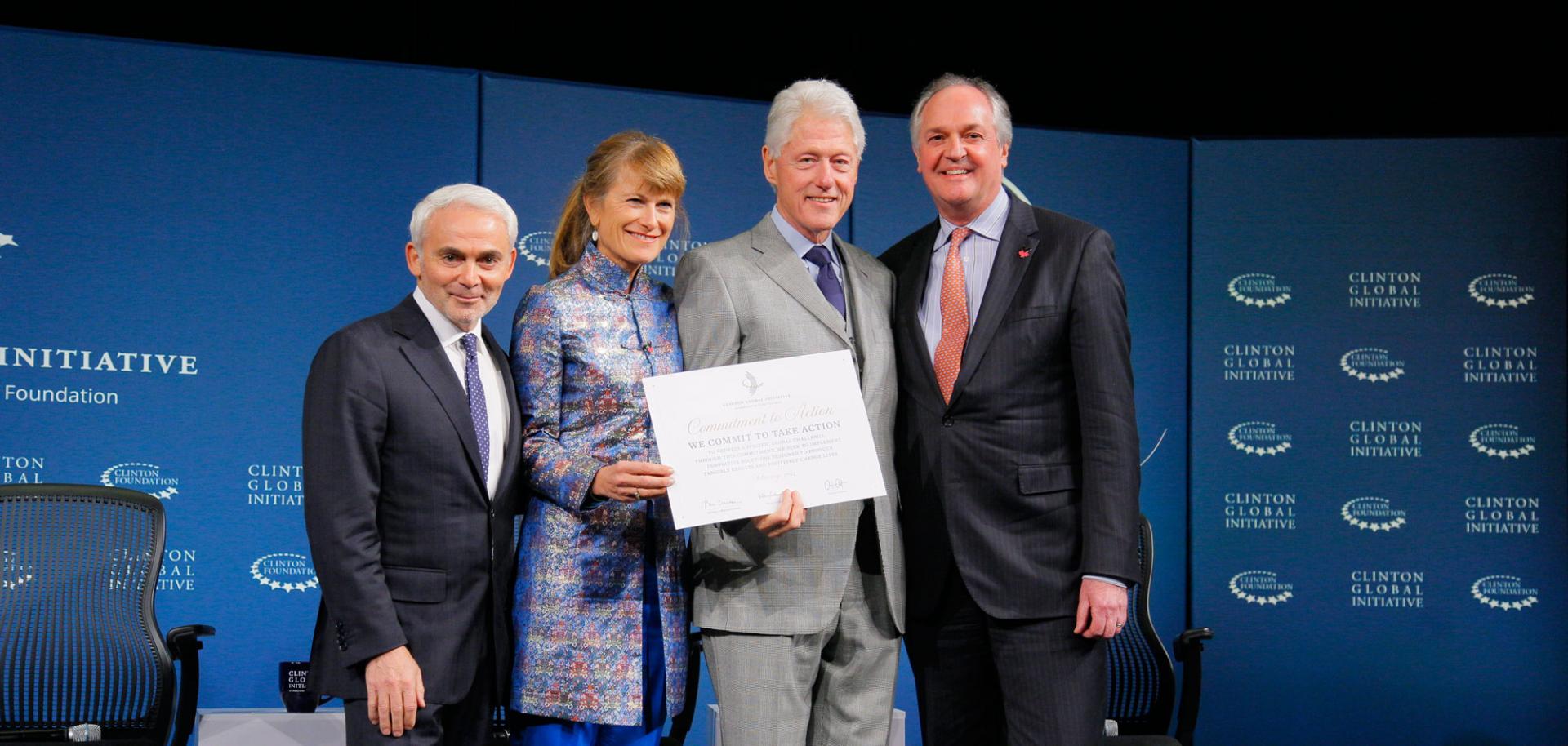5 TED Talks That Will Make You Rethink Philanthropy
When we devote a lot of our time to anything, it’s going to get stale. But that’s not necessarily because we’ve grown bored. Instead, we’re probably a little desensitized to what makes the relationship or task in question so wonderful and life affirming in the first place. To get around it, we just need to find a little spark to reignite that passion and interest.
For those working in the nonprofit sector, this feeling isn’t new. Sometimes it feels that we’re up against impossible odds, or that we’ve set impossible tasks for ourselves and our organizations. To help reenergize our campaigns, here’s five TED talks that will leave you looking at your charitable work from a different angle.
1.”Why we need to rethink capitalism”— Paul Tudor Jones II
Politicians spend time arguing over how to fix income inequality in America. But just because policy makers haven’t agreed on the best way to do it doesn’t mean we can’t work to fix the system we already have. In this talk, hedge fund manager Paul Tudor Jones explains that increasing corporate profits, coupled with sharply decreasing corporate giving, mean that these big companies bear a large part of the responsibility for the income gap. To fix this, Jones proposes that corporations be accountable for just behavior. But how do we define justice? Should the companies define it themselves? Or should the dictionary?
Neither, says Jones.
Rather, he has made it his mission to ask average people what the markers for corporate just behavior is. Once that is determined, he checked to see how the 1000 biggest companies stack up on that index. This, he says, is the first big step in getting wealthy companies to give more.
2. “The way we think about charity is dead wrong”— Dan Pallotta
This talk addresses the double standard between for-profit and nonprofit work. Pallotta explains that the nonprofit sector cannot reach its full potential or realize its goals until it can successfully encroach on the massive market share that is controlled by for-profit businesses. However, there are five major reasons why this cannot happen, at least at this point in time. Among those reasons, is that pursuing a career in the nonprofit sector is poorly incentivized. Our brightest minds are predictably choosing more lucrative careers in the corporate world, and making charitable donations in the most efficient ways.
Efficiency is at the heart of this talk. The public conscious holds nonprofits to an incredibly high standard. Where for-profit companies are praised for certain business practices, charitable leaders are pilloried for doing the same. For example, even though reinvesting a gift can yield a huge increase, it is often looked down upon because the gift wasn’t immediately put forward to the cause as imagined by the donors.
Once we start looking at our nonprofit work through a lens of economic rationality, there should be no reason to think we cannot raise more and really have a huge impact on our causes.
3. “Should you Donate Differently?”— Joy Sun
We hear this argument all the time: “I don’t want to give cash because they’ll just spend it on a bad habit. And even if they don’t, they won’t know how to put it to good use!” Joy Sun reveals in this talk that we couldn’t be more wrong. Research has shown that not only do impoverished people overwhelmingly prefer cash donations, but that they don’t squander it either. In fact, they reinvest it in their homes, their businesses, or themselves. One example demonstrated that poor pregnant women took the cash and bought healthy food for themselves, letting them give birth to healthier babies.
The takeaway here, is that we can’t always assume that we know what’s best for people in need. But they almost invariably do know. That’s why Sun helped to launch a nonprofit dedicated to giving out “unconditional cash transfers” via mobile devices. It’s a huge and revolutionary leap towards the simplest solution.
These next two talks deal with two groups of people starting really small and realizing their own charitable dreams. Be sure to watch these talks when you want to feel inspired.
4. “Healthier men, one moustache at a time”— Adam Garone
Most of you have seen a surge of mustached gentleman in November. But why? It’s the result of a charitable initiative by Adam Garone, the founder of Movember. What makes his story particularly interesting is that he didn’t begin Movember to raise awareness for prostate cancer. Instead, he wanted to find a way to rock his mustache! So, he decided to find a cause to attach to his retro fashion sense. His is a story of dogged determination, a grassroots movement in the truest form, and expressing a willingness to take major —but intelligent— risks.
Nancy Frates: Meet the mom who started the Ice Bucket Challenge
The ice-bucket challenge was the definition of a charitable cause going viral; a demonstration of how contagious a noble cause could be. When Pete Frates was diagnosed with ALS, he and his family knew they wanted to do something to raise money for research and awareness. But they came from varied professional backgrounds, and they didn’t necessarily have the technical experience in launching a global campaign. But that didn’t stop them from doing everything they could to put the seriousness in front of everyone they could.
There’s still no cure or long-term treatment for the terrible disease, but what the Frateses managed to accomplish is light years ahead of what has been done in decades passed.


